8/30
Plant-Based Leaders | Primient
Plant-Based Innovation Everywhere

We are surrounded by corn, most of which we cannot see.
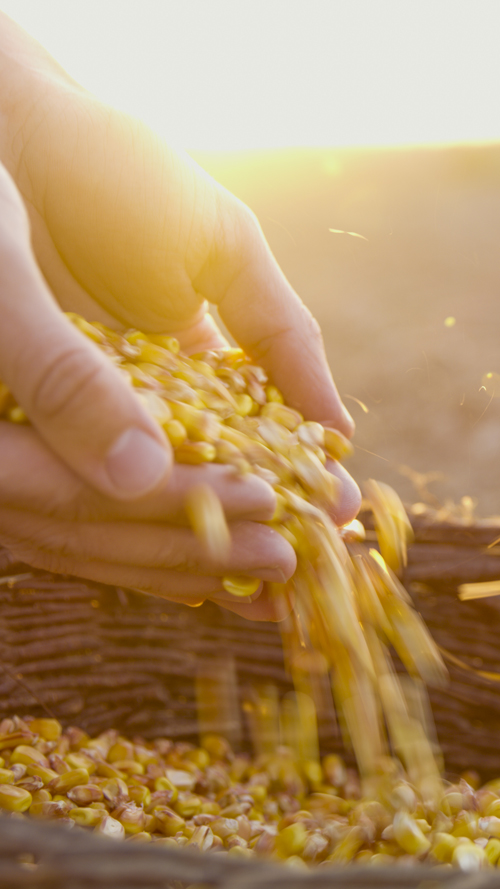
Yet that hidden corn plays a key role in hundreds of products, ensuring that the things we use every day are stronger, smoother, softer, thicker, better, or more effective in any one of a dozen measurable ways.
And often it is Primient’s corn-based ingredients and ingenuity that make it all possible. The company continues to develop new and innovative ways that corn ingredients can improve an ever-broadening array of products.
Primient is also a leader across the plant-based value chain. Upstream, the company is tackling issues such as sustainability with its innovative partnerships with farmers. Downstream, the company is helping customers utilize corn-based materials to meet their consumers’ changing sustainability expectations.
Meanwhile, Primient has devised unique products to replace chemicals of concern, such as PFAS (per- and poly-fluoroalkyl substances) in food packaging, with potentially more solutions in the pipeline.
Corn’s Many Advantages
The company’s roots are over a century old, dating to the 1906 founding of the A.E. Staley Manufacturing Company. Ever since, the company now known as Primient has been on the leading edge of plant-based science. Today, Primient assists all types of customers as they transition toward more sustainable, plant-based ingredients and materials.
And the market for that transition remains vast.
“To meet changing consumer expectations, companies want their product portfolio to be more sustainable, but they’re still using petroleum-based plastics and products,” said Meggan Hostetler-Schrock, Primient’s Director, Applications and Technical Service, Industrial Ingredients.
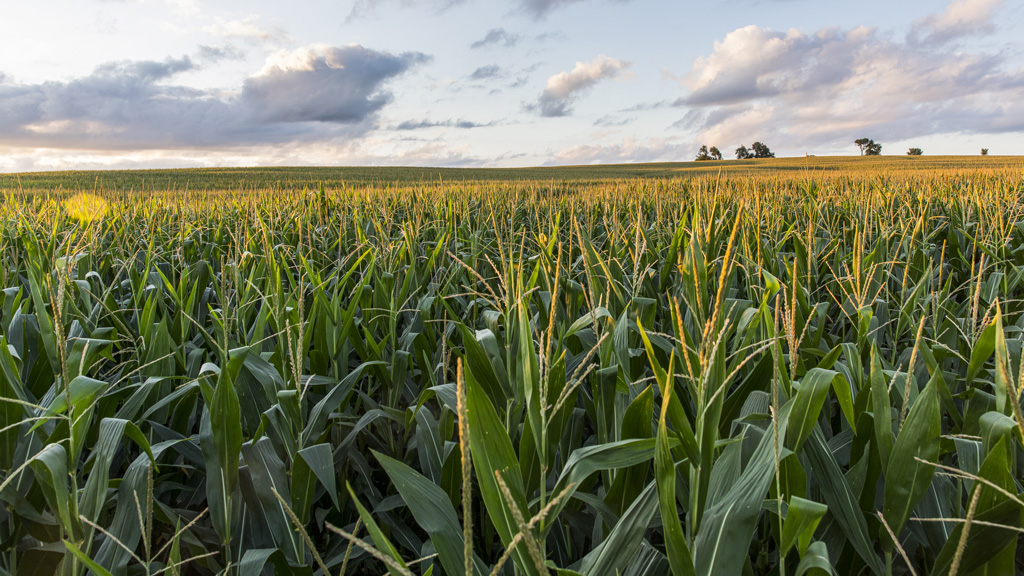
Bio-based ingredients have existing mechanisms, designed and perfected by nature, to break them down in the environment.
“Bio-based ingredients have existing mechanisms, designed and perfected by nature, to break them down in the environment,” said Jeremy Iwanski, a Scientist at Primient.
“We draw from a natural, existing circular pathway,” said Jeremy. “It begins with the raw materials. Then you feed our materials back into the system where a natural mechanism exists to break it down. Circularity is built into the system for us by mother nature.”
Primient Hidden Everywhere
With so many natural advantages, there exists an incredible range of opportunities across consumer-packaged goods as customers seek more corn-based ingredients from Primient.
Consider for instance Primient’s portfolio of modified starches and the many products they make possible.

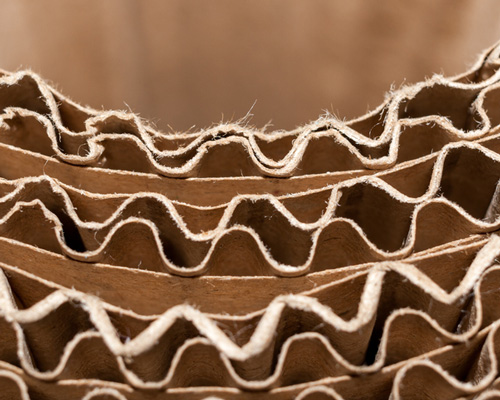
Primient’s starches are found in numerous paper products, including the packaging that e-commerce relies upon.
“Corrugated cardboard boxes contain starch in the liner board, it is also used in the corrugating process to build the shape,” said Meggan.
Primient’s corn starches are also used in other coatings and films.
“Different modifications result in a wide portfolio for our finished products, giving customers an incredible range of options,” explained Meggan.


In personal care products, from shampoo to make-up to diaper rash creams, Primient’s corn starches thicken and emulsify formulas from the world’s largest and most impressive brands. They are also used to create gels, textures, and foams.

In addition to their portfolio of starches, the company’s joint venture with CovationBio – Primient Covation LLC in Loudon, TN – makes 100% plant-based 1,3 propanediol, or Bio-PDO®. “This material is a high-performance bio-based alternative to petroleum-based ingredients and when formulated alongside our starches adds even more bio-based content and function,” said Meggan.
“Personal care companies were an early leader in recognizing that many customers were looking to reduce synthetic ingredients in products they use on their skin and body daily,” said Meggan.
Another corn starch example surrounds most people all day long – drywall. Corn starch is a key ingredient in the very walls of most homes and offices.
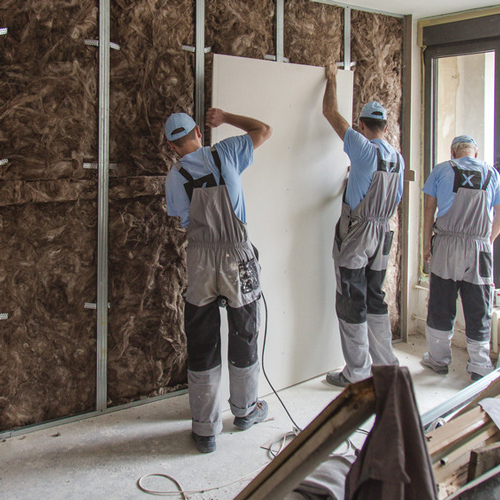

“It is also a binding and thickening ingredient in the joint compound or putty that is used to give those same walls a smooth look before they are painted,” said Jeremy.
Corn Solutions for PFAS
PFAS are a family of chemicals known as “forever chemicals,” some of which have been used as a grease and oil barrier in food packaging.
States and the federal government have been taking action to reduce their use, and some states have already instituted bans on PFAS, including in food packaging.
As packaging and food companies explore more sustainable alternatives, Primient has a solution in the market and is continuing to develop and improve others in the lab.

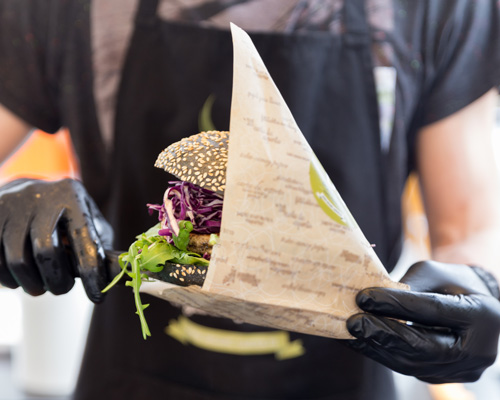
“We have in the market today food packaging products that utilize corn starch as a grease and oil barrier,” explained Brad Hartong, another Primient scientist. “And we continue to innovate and drive better solutions in this product line, with an eye toward continuous improvement.”
Vendors who once relied on PFAS are turning to companies like Primient for functional bio-based solutions to better match their barrier needs.
STASIZE™ is one of the company’s premium-quality starch products used in paper manufacturing to support grease and oil resistance.
“It can drop in and substitute for many of the applications in food packaging that have historically relied on PFAS and it is being used by customers for that purpose today,” said Brad. “For example, they’re using it in sandwich wraps and sleeves for French fries and similar applications.”
And Primient continues to innovate in this space.
We’re working in the lab to develop new and different approaches with starch to match or exceed the higher end PFAS barriers as well. We believe there is a bio-based solution there.
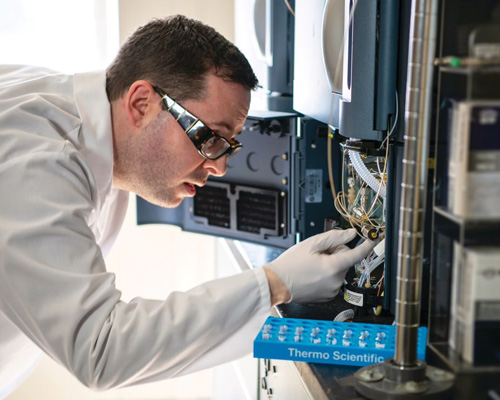
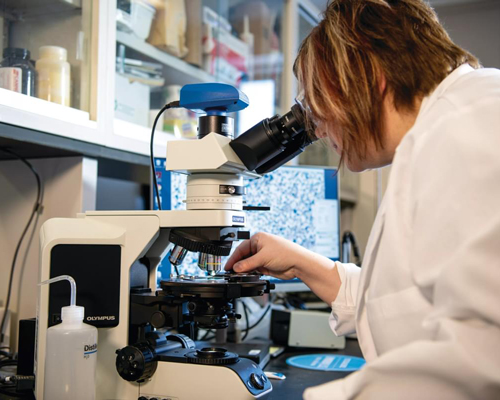
“We’re working in the lab to develop new and different approaches with starch to match or exceed the higher end PFAS barriers as well. We believe there is a bio-based solution there,” added Brad.
Primient is not just leading in the lab, it is leading the industry on this front, helping to reformulate the standard test methods for PFAS substitutes by working closely with TAPPI, the Technical Association of the Pulp and Paper Industry.
PBPC
Primient employees are actively engaged with PBPC. The company has representation on the board and several committees.
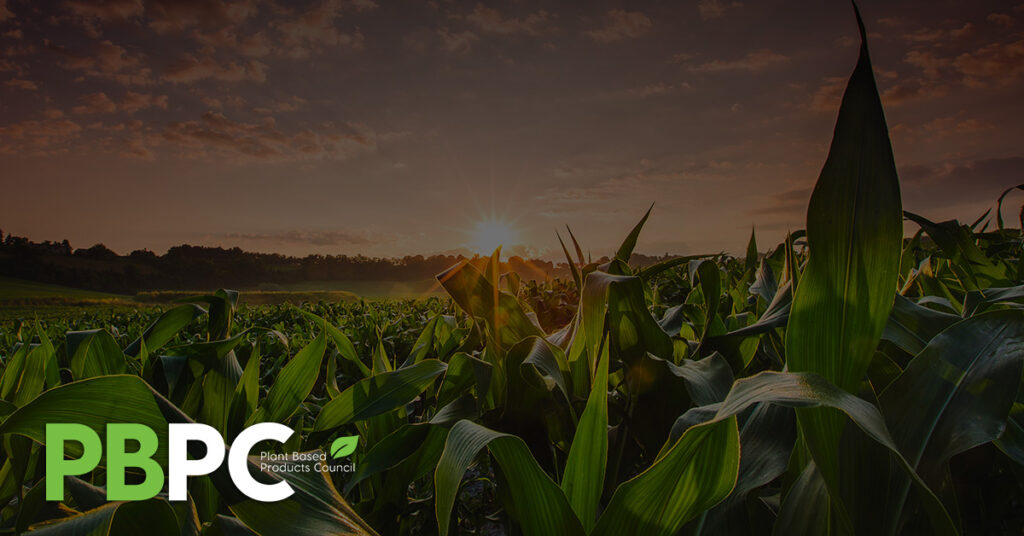
Plant-based manufacturing platforms are critical to Primient’s long-term growth strategy, and involvement with PBPC is helping us to successfully implement our strategy and make important connections to help drive change.
At the federal level, the company works with PBPC and other partners to advocate for policies and programs that address barriers to growing the industry, advance the bio-economy conversation, and support sustainable practices.
“Engagement with PBPC is critical for Primient as it connects us with key policymakers and other actors in the plant-based product sector. Plant-based manufacturing platforms are critical to Primient’s long-term growth strategy, and involvement with PBPC is helping us to successfully implement our strategy and make important connections to help drive change,” said Laura Kowalski, Primient’s global sustainability manager.
Truterra – Sustainable Metrics from the Field

Primient’s sustainable agriculture program has been developed in partnership with Truterra, the sustainable solutions business of Land O’Lakes, one of America’s largest farmer-owned cooperatives.
Today, Primient’s program includes over 1.2 million acres of corn, equal to the company’s annual corn consumption. The innovative program offers its enrolled farmers a range of sustainability and stewardship solutions to drive regenerative practices, improving soil quality through nitrogen management, tillage practice, and cover crops.
“Truterra’s approach is designed to help increase farmers’ yield and their profitability while implementing sustainable practices that help ensure the farm is left better for the next generation,” said Laura Kowalski, Primient’s global sustainability manager.
And while the program’s focus is at the beginning of the corn value chain, Truterra delivers real value for downstream corporate customers as well.

“Truterra is able to aggregate data and the value of our impact. That allows us to tell our sustainability story to our customers and their stakeholders – providing them the details they need to understand our farmers’ best practices and their impact on the planet,” said Laura.
The program’s reach extends well beyond the 1.2 million acres of corn.
“Primient and Truterra are working to influence the entire industry, educating an ever-expanding group of growers and helping them bring along their peers,” said Laura. “We want to see these regenerative practices adopted more widely because improving soil quality and efficiency benefits us all.”
To learn more about Primient’s sustainability journey, read their Impact Report.
Join our growing group of plant-based leaders working toward a more sustainable economy. Learn more about the benefits of PBPC membership.
